You are here
New Releases
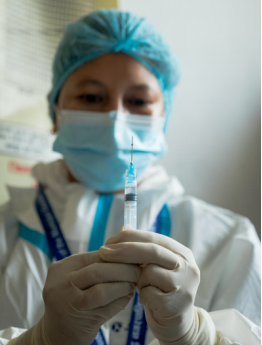
Nepal COVID-19 SitRep 44
This report is produced by Office of the Resident Coordinator in collaboration with partners. It covers the period from 17- 30 July 2021.
HIGHLIGHTS
- Relaxing of prohibitory orders and decreasing adherence to public health and social measures observed across the country, particularly outside Kathmandu Valley, in contributing to concerns of a new spike in infections.
- Fear of disease transmission and movement restrictions remain major challenges for patients to access non-COVID-19 health services.
- Daily food and other essential needs of vulnerable families affected by secondary impacts of COVID-19 are largely unmet.
- Dry spell across western Nepal is compounding food hardships, with winter crop production expected to drop by 40-80%.
- Construction of semi-permanent health desks is completed at two points of entry and ongoing at three additional points of entry (PoEs).
- Eight young children have died in Sarlahi district due to lack of proper drainage systems after falling in road depressions and drainage holes.
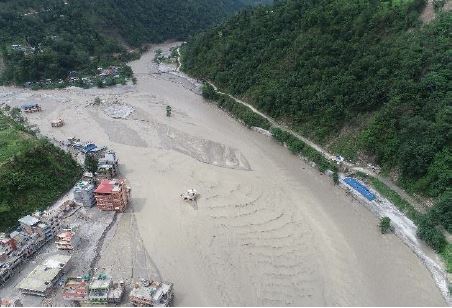
Nepal COVID-19 SitRep 42
This report is produced by Office of the Resident Coordinator in collaboration with partners. It covers the period from 19- 25 June 2021.
HIGHLIGHTS
- On 21 June, the Government of Nepal decided to resume more flights with full compliance of public health standards. The Ministry of Culture Tourism and Civil Aviation has asked Civil Aviation Authority of Nepal to resume international flights from 1 July onwards without exceeding 50 percent of total international flights.
- The monsoon rainfall continues to have a localized impact in some areas. According to the Department of Hydrology and Meteorology the monsoon is currently close to the southern part of the country, and more rainfall is predicted for next week.
- Frontline workers continue to be infected by COVID-19, leading to disruptions in essential humanitarian service delivery.
- On 1 July continuous rainfall affected communities across Bagmati, Gandaki and Province Two, temporarily displacing over 300 households, killing two and damaging 160 houses.
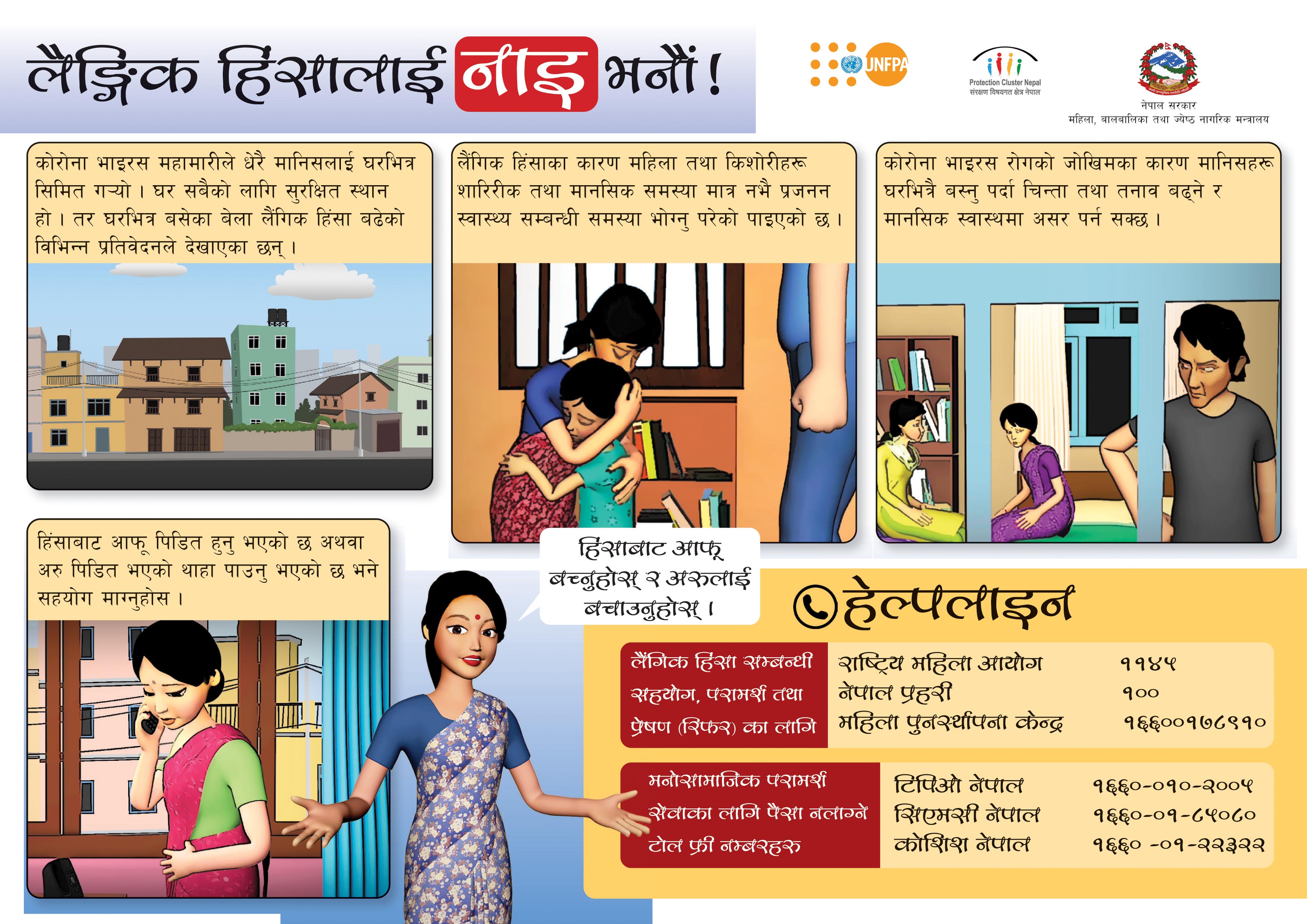
लैङ्गिक हिंसालाई नाई भनौं
कोभिड-१९ महामारीको समयमा लैङ्गिक हिंसा सम्बन्धी जानकारी तथा सहयताका लागि
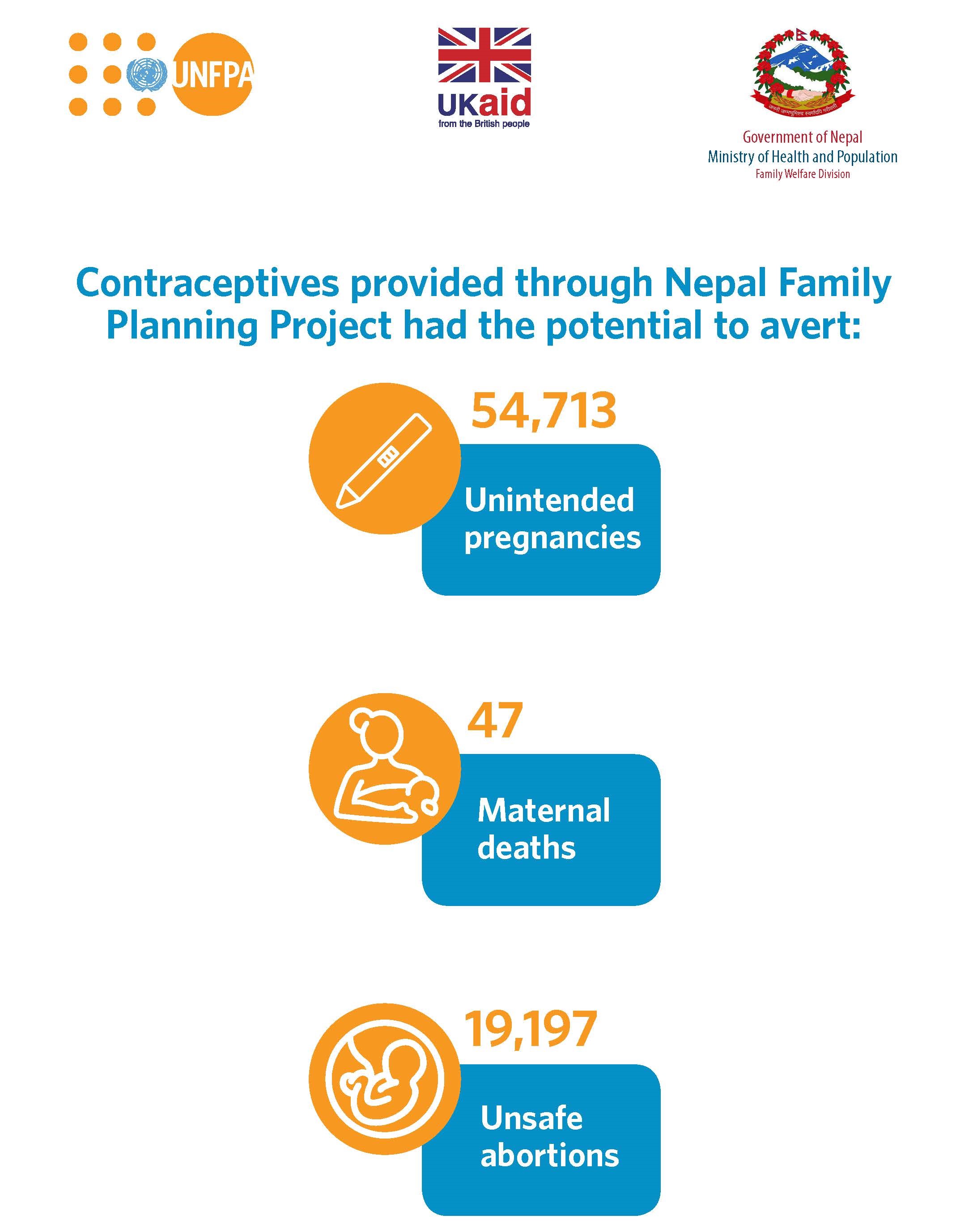
Nepal Family Planning Project Achievements
These documents contains a summary of the achievements of our four-year (Dec 2016-Dec 2020) Nepal Family Planning Project funded by UKaid. The key objective of the project was to increase access to, and the utilization of, family planning services among excluded and marginalized women and adolescent girls across 15 districts of Province 1, Province 2, Lumbini Province, Karnali Province, and Sudurpaschim Province in Nepal.
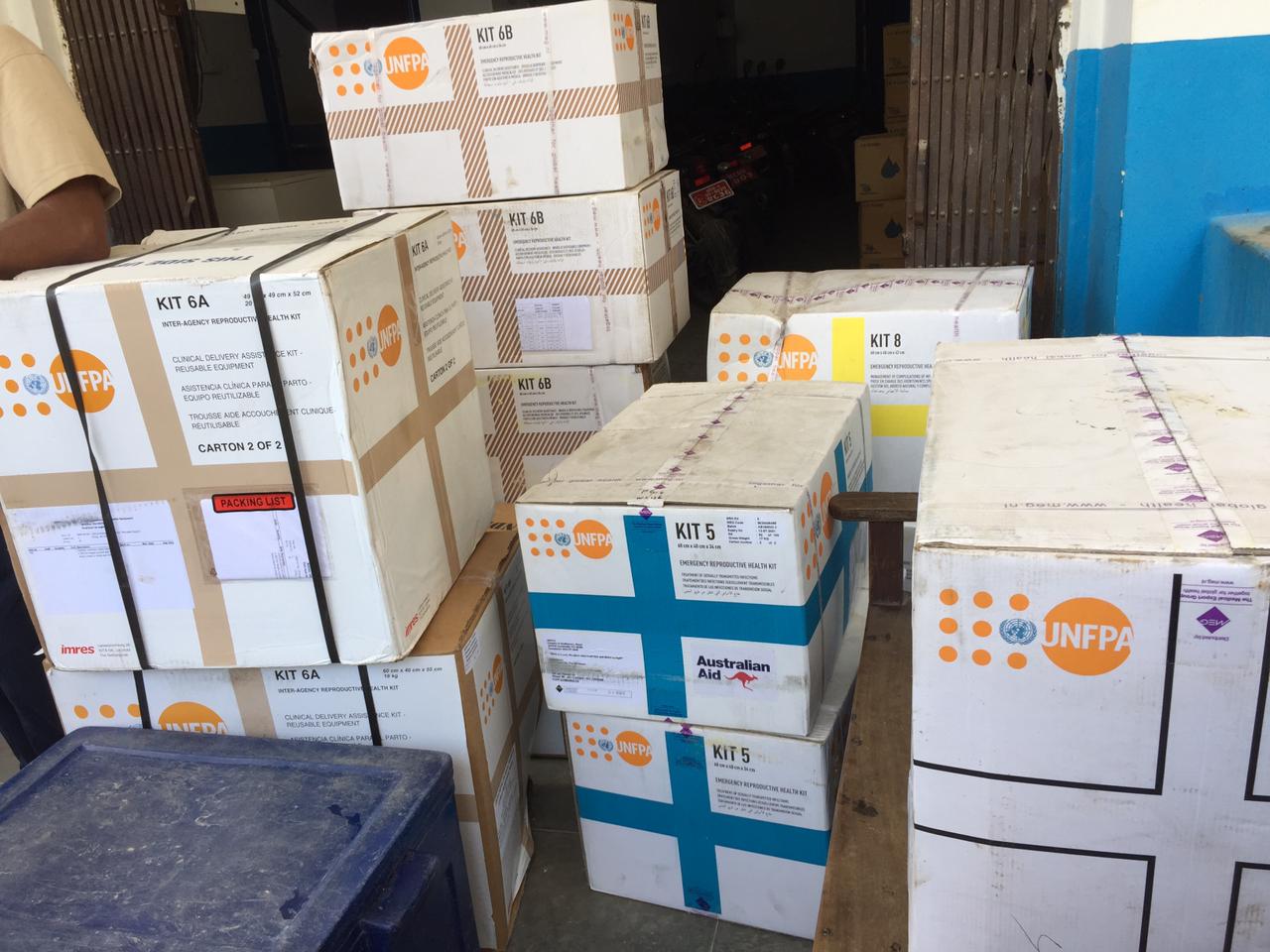
Nepal COVID-19 SitRep 41
This report is produced by Office of the UN Resident Coordinator in collaboration with partners. It covers the period as of June 18, 2021.
HIGHLIGHTS
- Monsoon, which began just one week ago, has already displaced around 600 families leading to sheltering in public buildings, posing significant COVID-19 transmission risks.
- Loss of income due to COVID-19 related lockdowns and lack of socio-economic assistance has further exacerbated mental health and psychosocial problems.
- Poor, Dalit and other marginalized families face difficulties in access medical treatment as they cannot afford hospital and medical expense.
- Three of a nationwide 22 nutrition rehabilitation homes have been converted to isolation facilities, depriving malnourished children of access to treatment.
- Frontline workers continue to be infected by COVID-19, leading to disruptions in essential humanitarian service delivery.
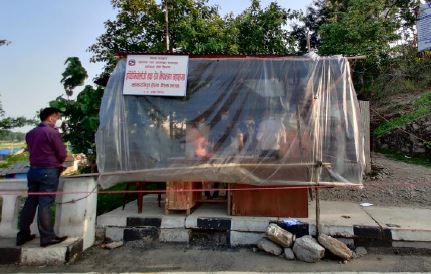
Nepal COVID-19 SitRep 40
This report is produced by Office of the UN Resident Coordinator in collaboration with partners. It covers the period as of June 11, 2021.
HIGHLIGHTS
- Onset of monsoon from 11-13 June expected to exacerbate needs of vulnerable families and further challenge response efforts.
- Infrastructure upgrades from points of entry (PoEs) and many isolation facilities desperately needed to ensure continued function throughout the monsoon season.
- Procurement of vaccines remains a critical gap and top priority.
- Vulnerable families dependent on daily wages in the informal sector have lost their income due to lockdowns, have no food stock or saving and are struggling to meet most basic needs.
- Service provision reliant on remote modalities limits access to people without communication devices or internet.
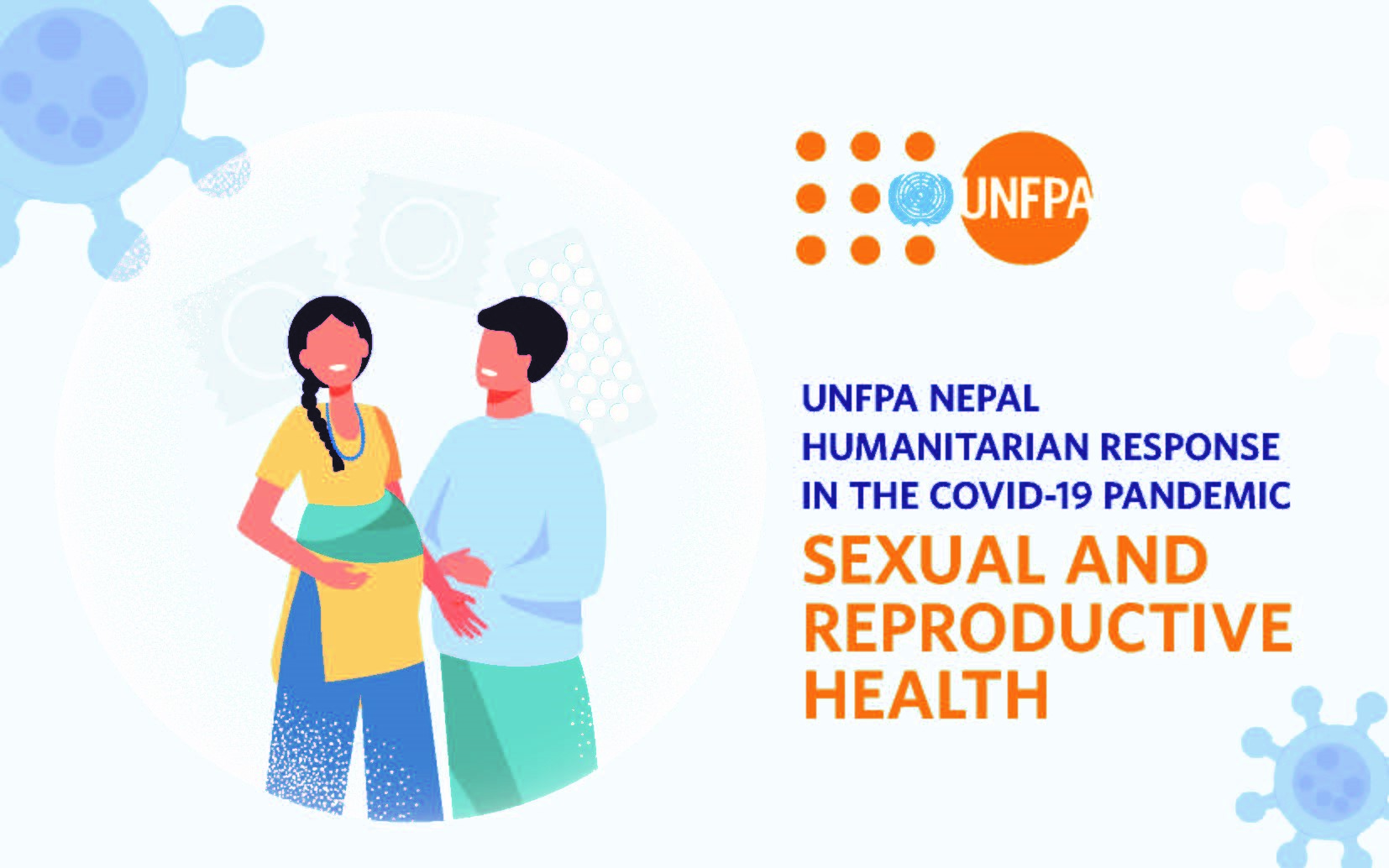
UNFPA Nepal COVID-19 response: Sexual and reproductive health
The COVID-19 pandemic has strained Nepal's public health system, triggering unprecedented measures by the Government of Nepal, including movement restrictions. Evidence from prior outbreaks shows that this crisis could exact a massive toll on women and girls. Women are disproportionally represented in the health and social services sectors, increasing their risk of exposure to the disease. Stress, limited mobility and livelihood disruptions also increase women’s and girls’ vulnerability to gender-based violence and exploitation. And if resources are redirected away from sexual and reproductive health services, women’s access to family planning, antenatal care and other critical services could suffer.
Since the COVID-19 outbreak in the country, in coordination and collaboration with government agencies and development partners UNFPA Nepal is on the ground to respond to the crisis. This infographic captures UNFPA's key interventions in addressing sexual and reproductive health across the country and the results achieved by the agency.
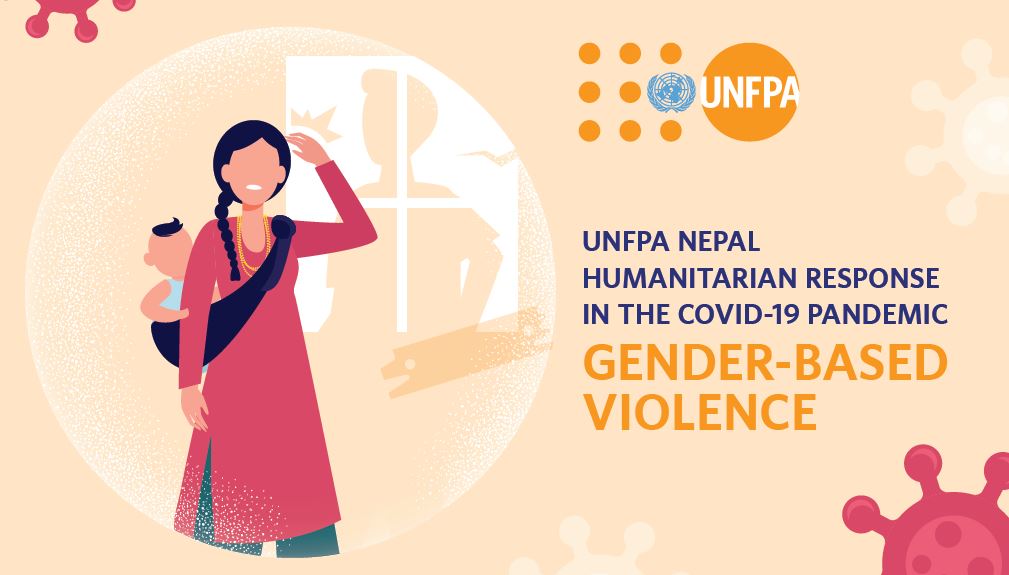
UNFPA Nepal COVID-19 response: Addressing gender-based violence
The COVID-19 pandemic has strained Nepal's public health system, triggering unprecedented measures by the Government of Nepal, including movement restrictions. Evidence from prior outbreaks shows that this crisis could exact a massive toll on women and girls. Women are disproportionally represented in the health and social services sectors, increasing their risk of exposure to the disease. Stress, limited mobility and livelihood disruptions also increase women’s and girls’ vulnerability to gender-based violence and exploitation. And if resources are redirected away from sexual and reproductive health services, women’s access to family planning, antenatal care and other critical services could suffer.
Since the COVID-19 outbreak in the country, in coordination and collaboration with government agencies and development partners UNFPA Nepal is on the ground to respond to the crisis.
This infographic captures UNFPA's key interventions in addressing gender-based violence across the country and the results achieved by the agency.
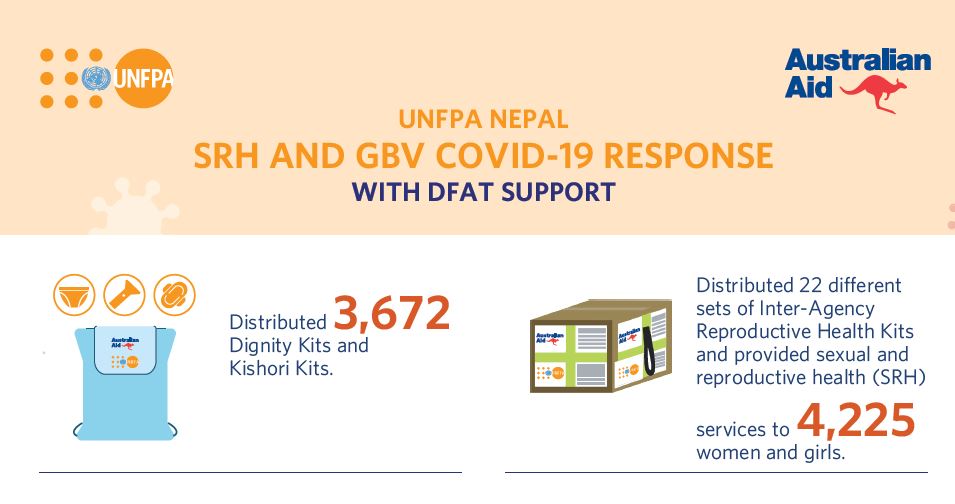
UNFPA Nepal SRH and GBV COVID-19 response with DFAT support
With DFAT support, UNFPA Nepal prepositiones supplies to meet the urgent needs of women and girls following a disaster. Lifesaving items include clean delivery kits and equipment necessary for maternity and delivery facilities. Supplies also include basic hygiene items, such as soap and resuable sanitary napkins, and items for protection including torches and whistles. These items help people to maintain a safe and dignified life during a crisis. Prepositioning as part of preparedness measures, can help improve the quality of a response.
This infographic covers key interventions and the results achieved by UNFPA Nepal during the COVID-19 pandemic with DFAT support.
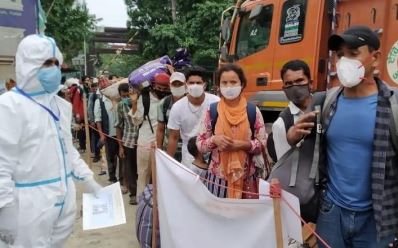
Nepal COVID-19 SitRep 39
This report is produced by Office of the Resident Coordinator in collaboration with partners. It covers the period from 29 May to 4 June 2021.
HIGHLIGHTS
- Meeting with provincial Chief Ministers highlighted significant gaps in essential human resources for medical response and huge challenges related to unemployment.
- Procurement of vaccines remains a critical gap and top priority.
- Service delivery is constrained by infection or fear of infection among essential staff who remain unvaccinated.
- Closure of schools with no or limited access to distance learning is reported to be contributing to child labor, child marriage and risky behavior among children.
- Isolation centres are regularly established without consideration of WASH requirements, thereby increasing infection risks.